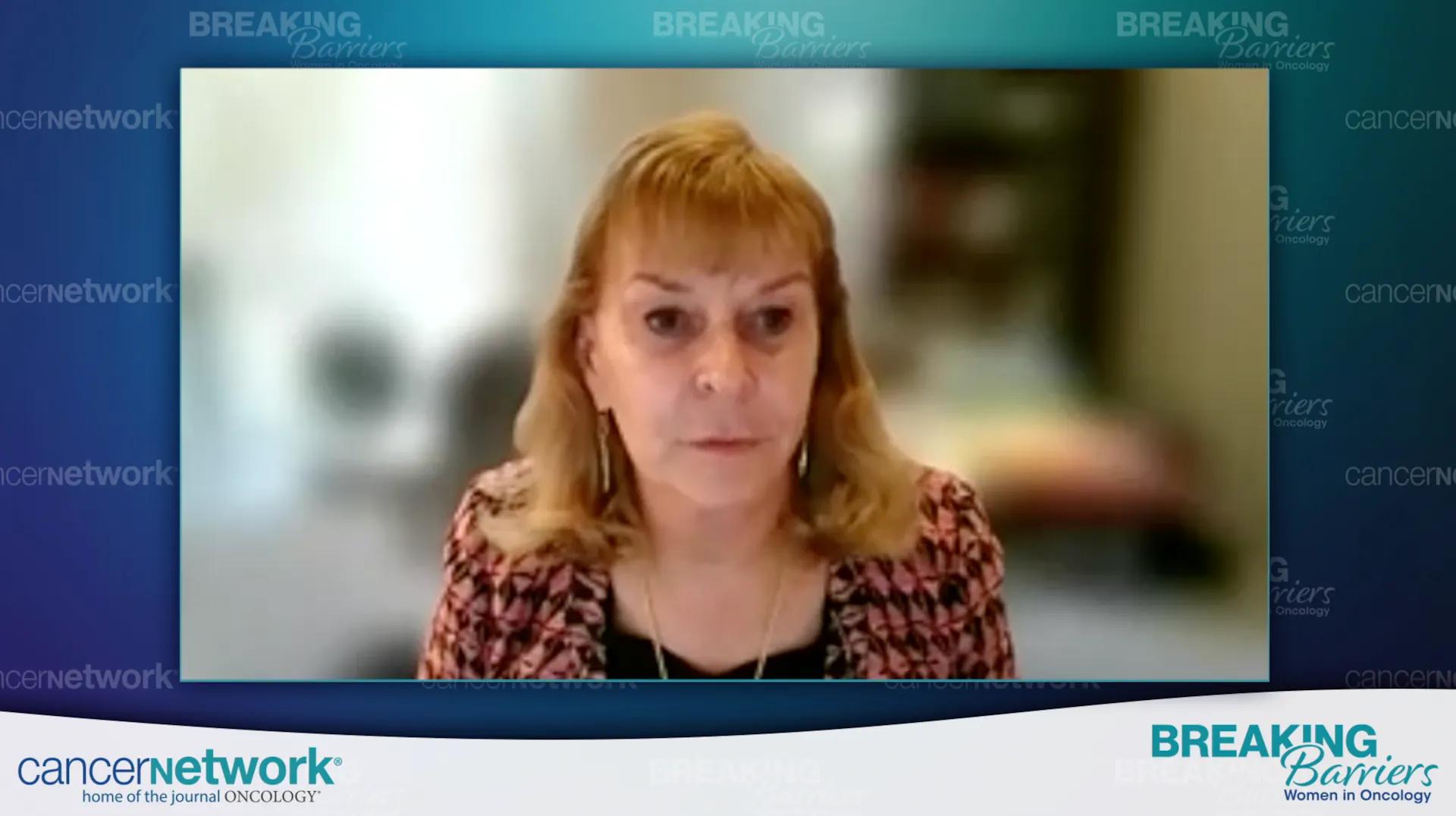
Bispecific Antibodies are Helping to Advance the Field of Lymphoma

Julie M. Vose, MD, MBA, and Avyakta Kallam, MD, highlighted research advances in the lymphoma field they’ve witnessed throughout their careers.
A recent Breaking Barriers: Women in Oncology episode focused on key research advances each clinician has been a part of during their careers. Julie M. Vose, MD, MBA, and Avyakta Kallam, MD, spoke with CancerNetwork® about their research focusing on the use of bispecific antibodies and how these efforts have helped to advance the field of lymphoma.
Vose, is division chief, Neumann M. and Mildred E. Harris Professor at the University of Nebraska Medical Center, and co-editor-in-chief of ONCOLOGY®. Kallam is an assistant professor in the Division of Lymphoma and Department of Hematology & Hematopoietic Cell Transplantation from City of Hope in Duarte, California. Vose began her career working with autologous stem cell transplantation before researching CAR T-cell therapy and bispecific antibodies as the field evolved.
Kallam alluded to learning from her various mentors at the University of Nebraska, where she formerly worked as an assistant professor of hematology/oncology. During the early stages of her career, she witnessed various breakthroughs in the development of CAR T-cell therapy. She also highlighted her ongoing work with bispecific antibodies in central nervous system (CNS) lymphomas.
Transcript:
Vose:
I was involved early with autologous stem cell transplantation and trying new therapeutic regimens for that as well as new cancer therapies against lymphoma. [Work involved] a lot of monoclonal antibodies, radiolabelled antibodies, and, more recently, CAR T cells and bispecific antibodies. [There are] lots of different therapies and opportunities for our patients. There has been tremendous improvement over the years and a lot of research that’s been exciting to be involved in.
Kallam:
During training, I had the opportunity to work with Vose, James O. Armitage, MD, and Matthew Lunning, DO, FACP, when CAR T-cell therapy was just starting out. I had the privilege to witness the clinical trials and then eventually see CAR T cells being approved and becoming standard of care at this point. Right now, some of the research studies that I’m involved in involve bispecific antibodies, particularly in the field of CNS lymphomas. Bispecific antibodies are approved for systemic lymphomas, and they’re very effective. What we’re doing here is trying to see if they would be equally efficacious in the central nervous system.
Newsletter
Stay up to date on recent advances in the multidisciplinary approach to cancer.



































